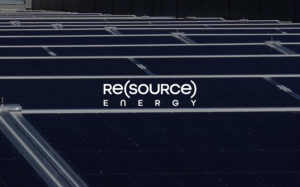

Solar Electricity Rate Plans for your next solar project
Solar electricity rate plans can significantly accelerate the return on investment of your grid tied solar power system by allowing you to adjust the price of electricity on your utility bill. These are the available solar electricity rate plans in Alberta. 1 The Solar Club by Utilitynet2 ENMAX Easymax Seasonal



